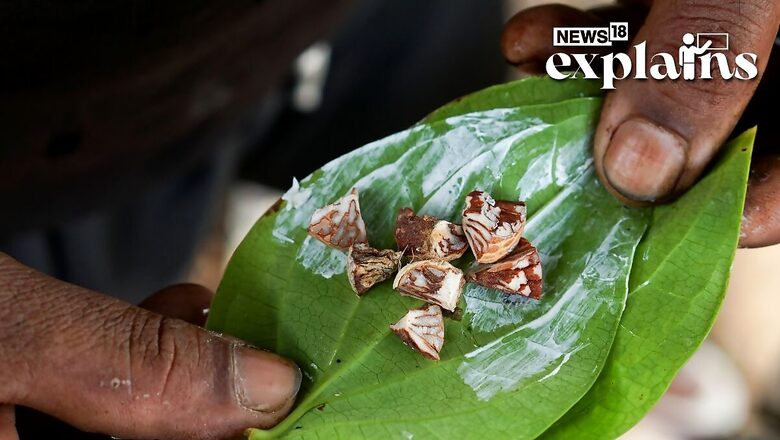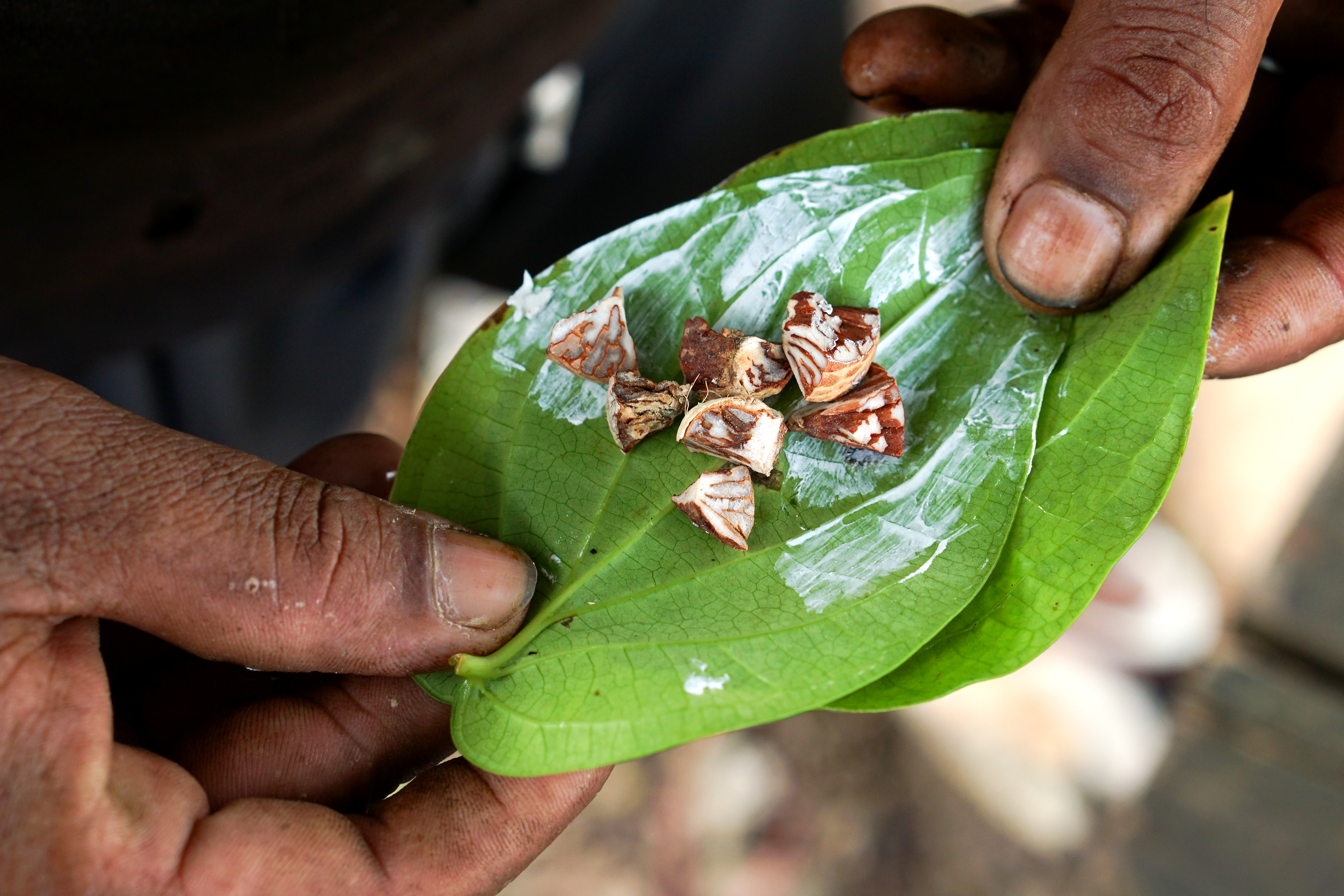
views
A day after Prime Minister Narendra Modi stated that some people have given ‘supari (contract)’ to dent his image, Rajya Sabha MP Kapil Sibal on Sunday urged the PM to name them and said “let us prosecute them”.
Addressing a gathering at Rani Kamalapati railway station in Bhopal after flagging off a Vande Bharat Express train, Modi had said that some people are hellbent to sully his image and they have given a “supari” (contract) for this purpose, colluding with certain people sitting in India and also outside the country.
#BreakingNews | After Rahul slams PM Modi, PM's veiled attack on Congress, says, hell-bent to dent my image, given supari for this. @_pallavighosh with the detailsJoin the broadcast with @anjalipandey06 pic.twitter.com/nWVDv4lcf2
— News18 (@CNNnews18) April 2, 2023
But what does ‘supari’ mean and how did it get its current context? Explained:
What Does the Word Supari Mean?
According to a report by the Indian Express, ‘supari’ in several Indian languages alludes to the areca or betel nut, which is split into bits and mixed with paan or chewed on its own.
However, Supari is also slang for a contract killing, and the term is sometimes used to refer to a hit job that does not involve murder but is designed to slander, libel, humiliate, or harass a political or ideological competitor, it says.
But How Did a Nut’s Name Get Today’s Connotation?
The connotation stems from a rural Maharashtra tradition of inviting visitors to a wedding with a paan and supari, former Mumbai Police ACP Vasant Dhoble told the Indian Express. Paan-supari was later used to indicate dedication to a deal or contract, such as one to build or repair a house. “Kamachi supari aali ahey (we have the contract for the work),” the recipient of such a contract would say, as per the report.
Dhoble explained that the majority of those who joined the police force were from rural Maharashtra and took their language and expressions with them. As the Mumbai underworld’s operations started to dominate crime in the city and gangland killings became widespread, the phrase ‘uska supari isne diya’ evolved to mean contracting a murder to a mercenary or hitman.

There’s another version to the story too. According to an India Today report, Bhim, the monarch of Mumbai’s Mahim region, used the term “supari.” Hussain Zaidi, author of the book Dongri to Dubai, which narrates the history of Mumbai’s underworld explained how Bhim, the chief of the Mahemi tribe, had a unique ceremony.
If he needed to assign a difficult assignment, he would convene a council at his Mahim fort, where warriors were treated to a lavish feast. Following the feast, a plate holding a betel leaf would be put in the centre of the crowd, and the guy who plucked the leaf would be tasked with the arduous duty.
How Were Underworld ‘Suparis’ Carried Out?
In the 1980s and 1990s, when supari assassinations were widespread, it was thought that someone who wanted his opponent assassinated would send a supari to an underworld gang in Mumbai, explained the Indian Express report.
The supari’s cost would be decided by the nature of the target and the effects of the hit. The money was normally paid in installments, with the final amount due ‘after the job was finished.’
In most cases, the person providing the supari will also provide information about the person’s whereabouts as well as the best time and location for the attack. Those in charge of carrying out the supari would monitor the victim for a few days before carrying it out. The assassins would then go underground.
In the 1990s, there were also reports that some cops with ties to either the Dawood Ibrahim gang or the Chhota Rajan gang — the two major gangs that ruled Mumbai — would kill members of the opposing group.
Read all the Latest Explainers here















Comments
0 comment